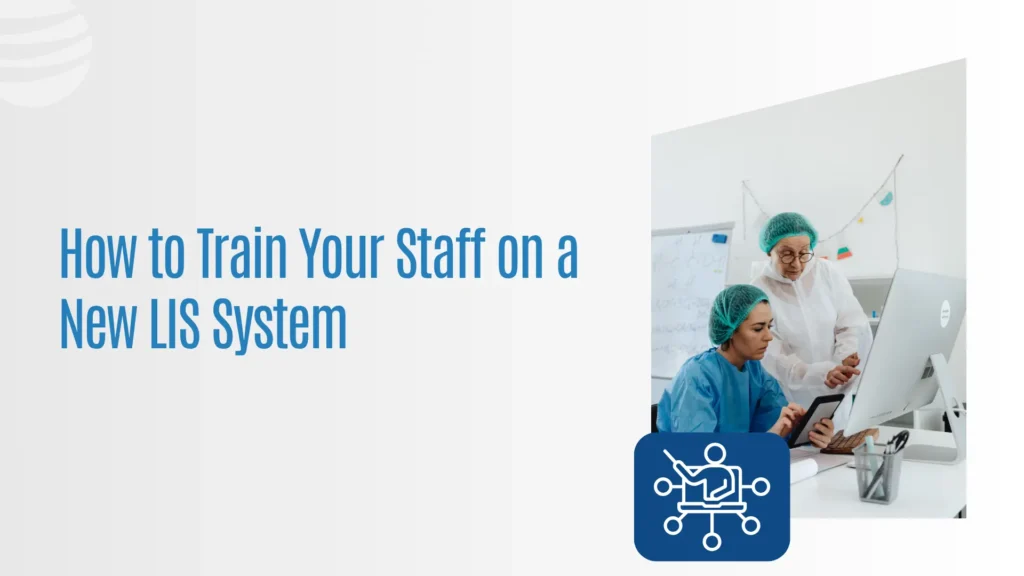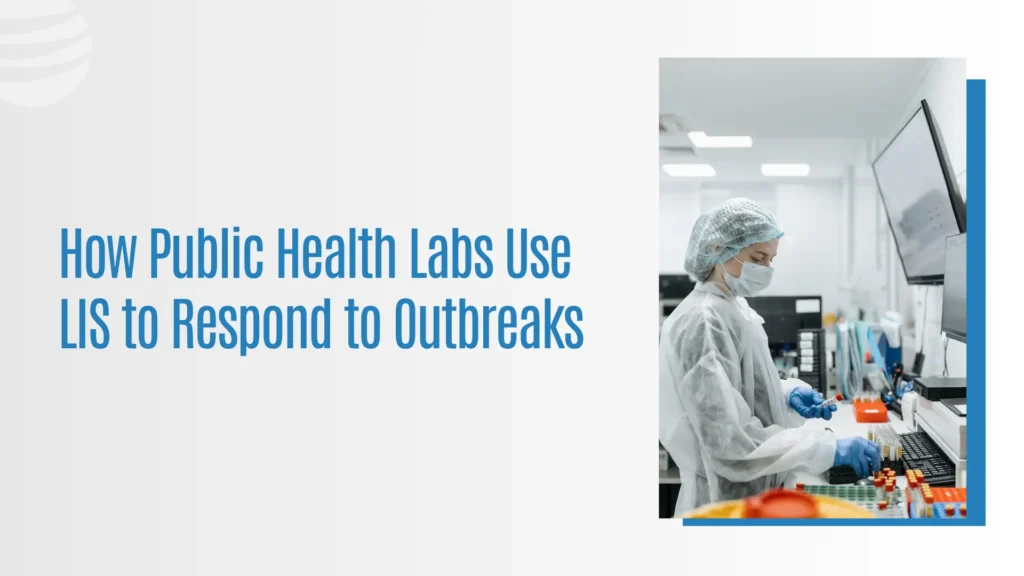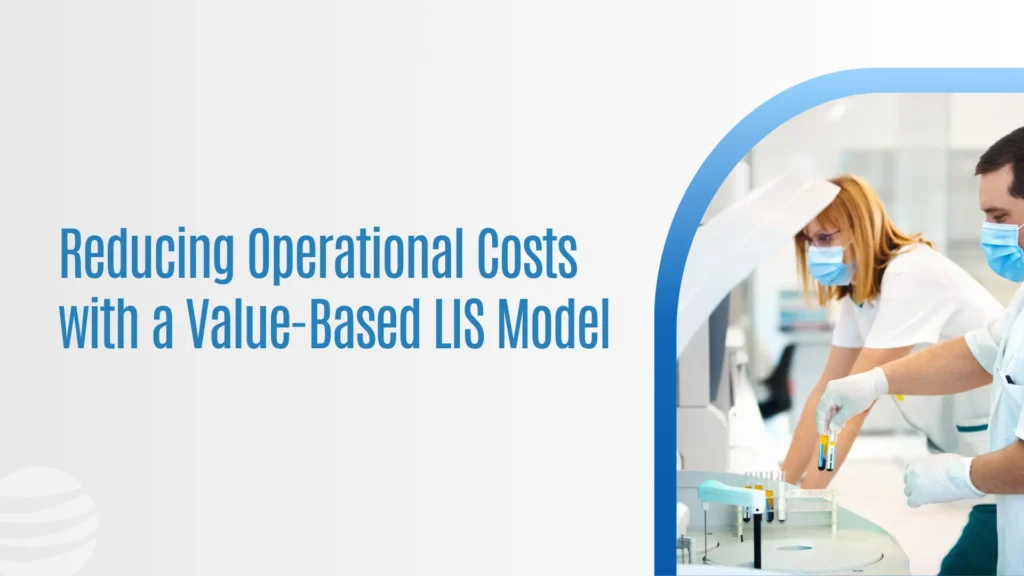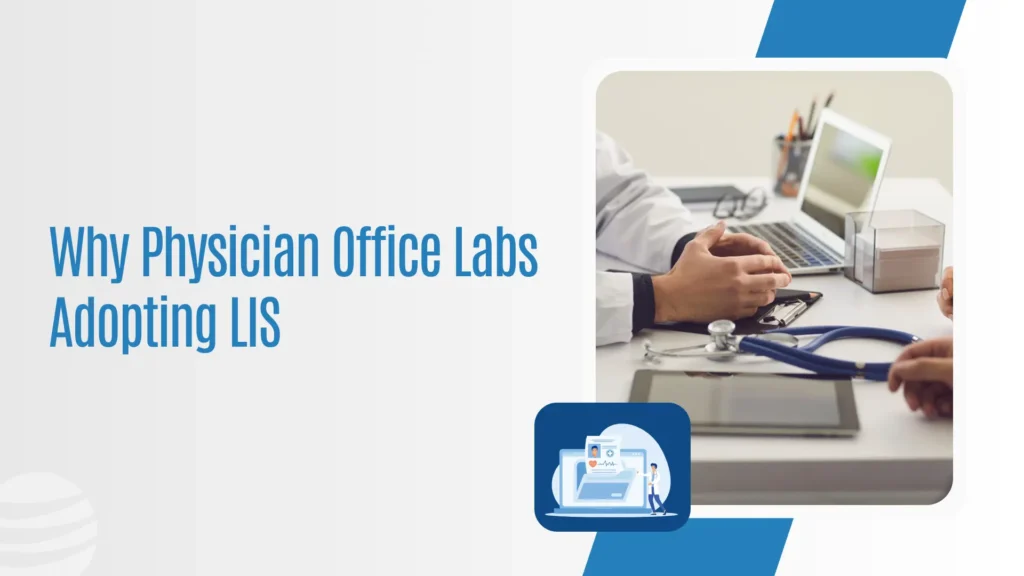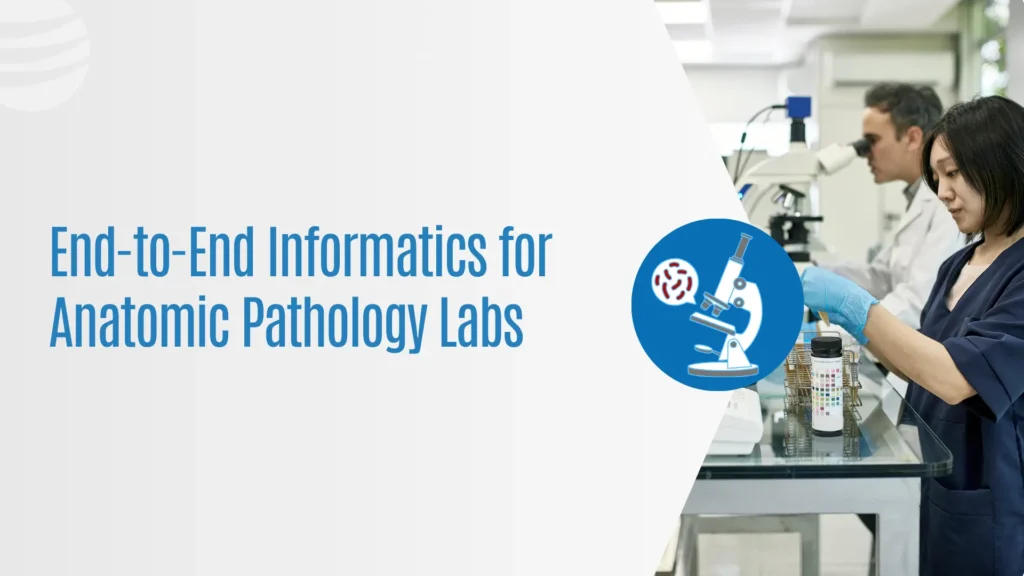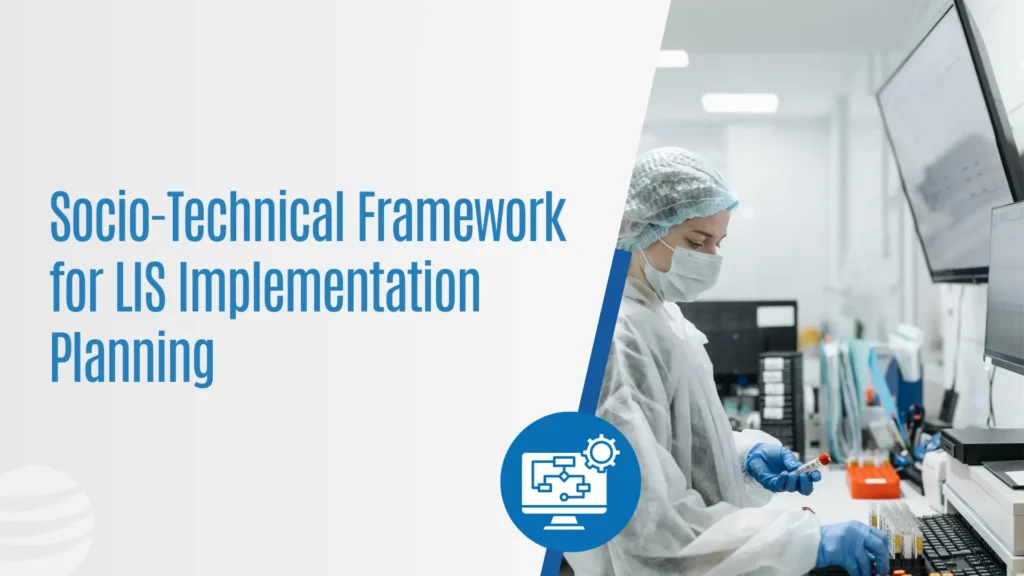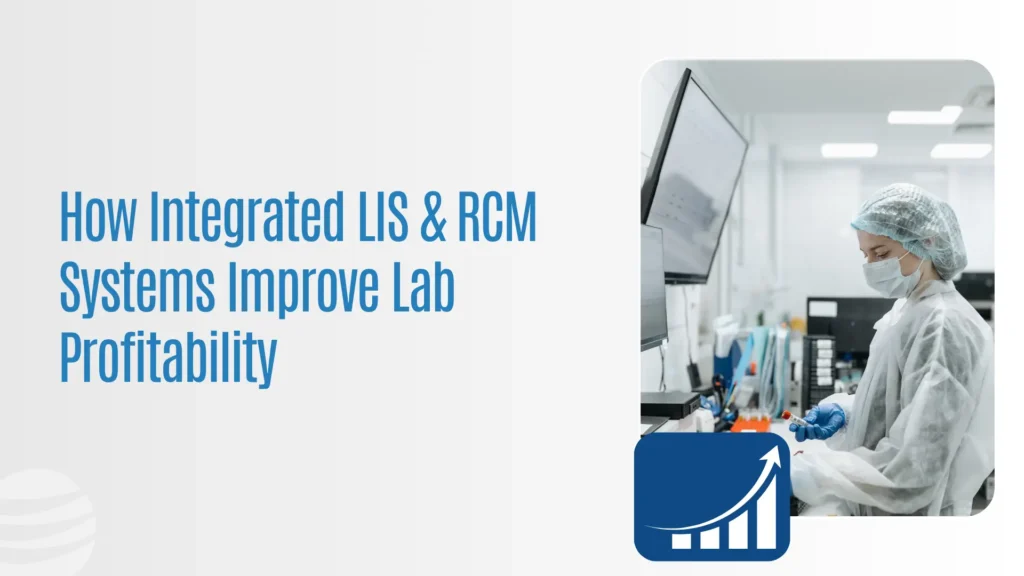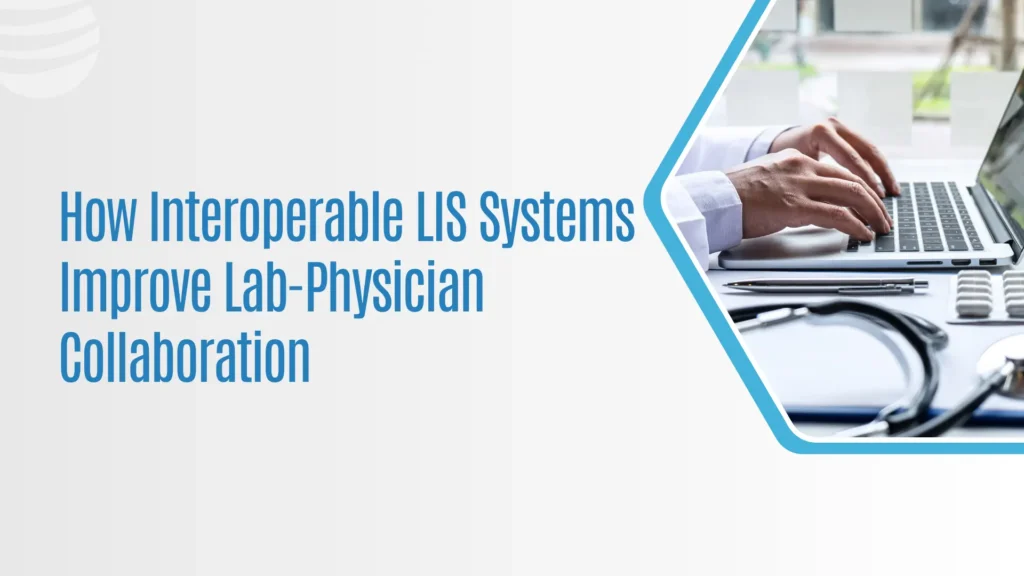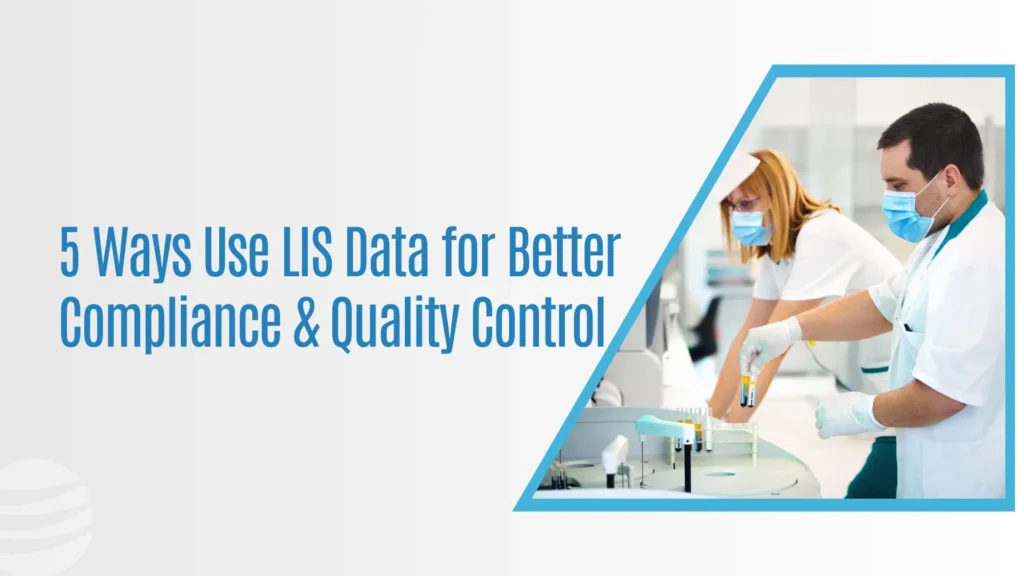Hidden Benefits of a Cloud-Based LIS for Growing Labs
Hidden Benefits of a Cloud-Based LIS for Growing Labs Scaling Without Limits For growing laboratories, expansion is both an opportunity and a challenge. As testing volumes rise, new instruments come online, and client bases diversify, one factor determines whether growth is sustainable: your system’s ability to scale. Legacy, on-premise Laboratory Information Systems (LIS) often become the […]
Hidden Benefits of a Cloud-Based LIS for Growing Labs Read More »


